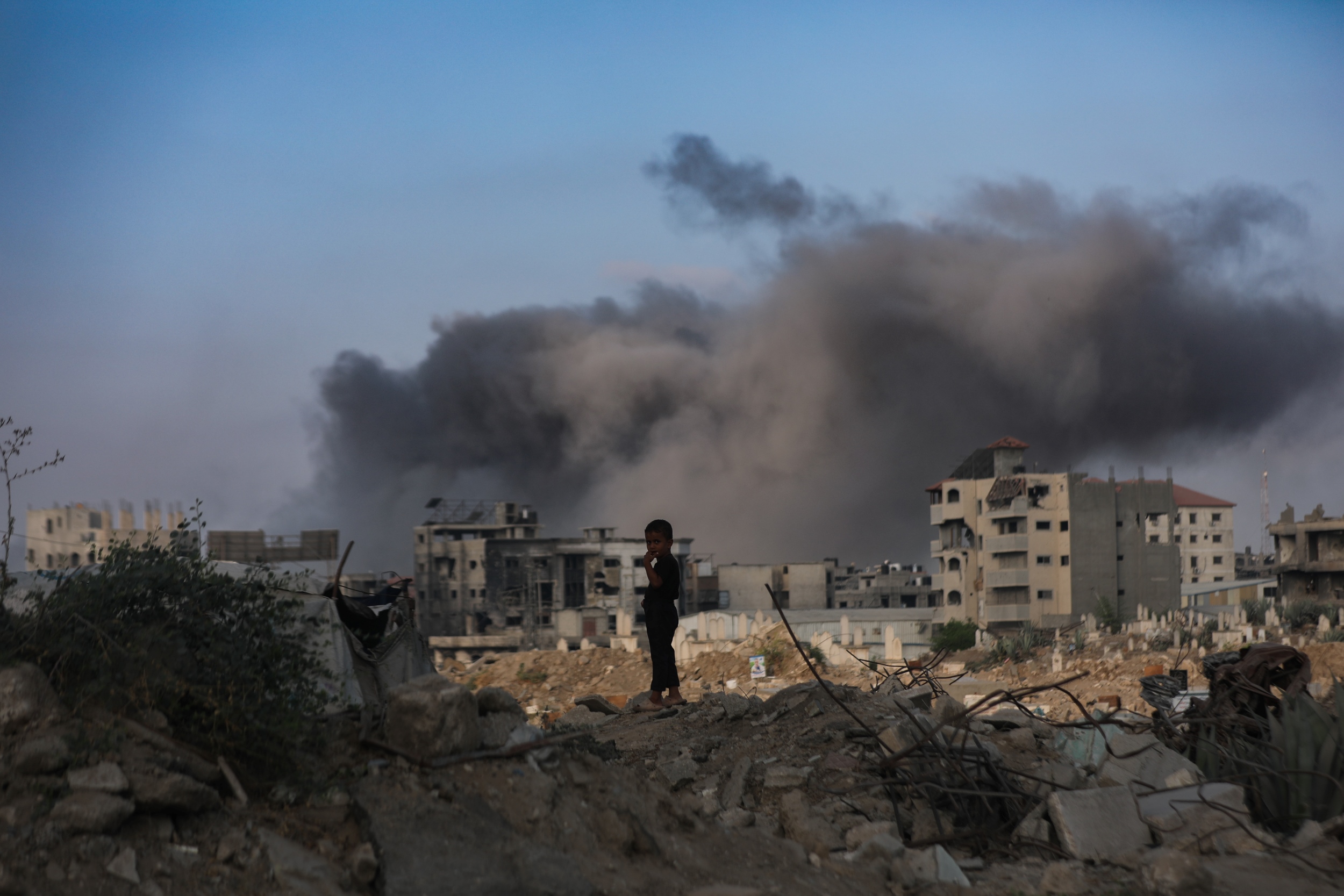SALFIT, Thursday, October 20, 2022 (WAFA) – A Palestinian youth Wednesday sustained bruises in a settler attack in Jamma'in town, northwest of Salfit, according to local sources.
Suhaib Awad, a town resident, said that while he was along with other farmers picking their olive groves in al-Naqqar area near the town, a group of settlers attacked, hitting them by baton sticks and spewing pepper spray in their faces.
He added that a family member sustained moderate bruises in his foot as a result of the attack.
The assailants came from the nearby colonial settlement outpost of Kfar Tafuh.
Settlers have recently stepped up their attacks against olive harvesters across the occupied West Bank, mainly in Nablus and Salfit districts, attacking farmers and preventing them from picking their olives.
Over 9,000 olive trees have been destroyed in the West Bank since August 2020, according to the International Committee of the Red Cross (ICRC), which called on Israel to ensure safe, timely, and adequate access for Palestinians to their olive groves in the occupied West Bank.
With more than 12 million olive trees planted across 45% of the West Bank’s agricultural land, the olive harvest constitutes one of the biggest sources of economic sustainability for thousands of Palestinian families.
According to UN OCHA, the olive oil industry supports the livelihoods of more than 100,000 families and accounts for a quarter of the gross agricultural income of the occupied territories.
But, as local NGO MIFTAH notes, “olive trees carry more than an economic significance in the lives of Palestinians. They are not just like any other trees, they are symbolic of Palestinians’ attachment to their land.”
“Because the trees are drought-resistant and grow under poor soil conditions, they represent Palestinian resistance and resilience. The fact that olive trees live and bear fruit for thousands of years is parallel to Palestinian history and continuity on the land.”
K.F.









